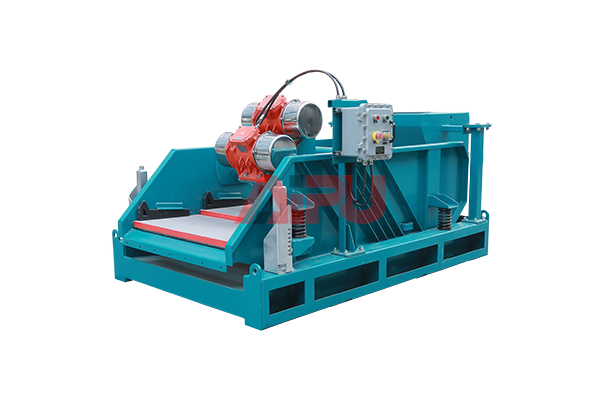The proper operation of solids control equipment is crucial for efficient drilling operations. However, many operators face challenges due to incorrect usage methods, leading to reduced performance and increased maintenance costs. Understanding these common operational issues can help prevent costly downtime and equipment damage.

One frequent problem occurs when operators fail to properly balance the flow rates between different components. The shaker screens, centrifuges, and desilters must work in harmony, with each unit receiving the appropriate feed rate. Overloading any single component creates bottlenecks that reduce overall system efficiency. Monitoring pressure gauges and flow meters helps maintain optimal throughput.
Improper screen selection causes another set of operational challenges. Using screens with incorrect mesh sizes for the current drilling conditions leads to either excessive solids passing through or premature screen blinding. Operators should regularly evaluate cuttings size distribution and adjust screen specifications accordingly. Keeping spare screens with different mesh sizes on-site allows for quick adaptation to changing conditions.
Many operational failures stem from neglecting routine maintenance procedures. The rotating parts in centrifuges and agitators require regular lubrication, while fluid end components need periodic inspection. Developing and following a strict maintenance schedule prevents unexpected breakdowns. Maintenance logs should document all service activities to help identify recurring issues.
Incorrect chemical treatment often compounds operational problems. The wrong type or dosage of flocculants, defoamers, or other additives can interfere with equipment performance rather than enhance it. Operators must understand how various chemicals interact with specific equipment and formation solids. Regular fluid analysis helps determine the most effective treatment program.
Power management issues frequently affect equipment operation. Voltage fluctuations or phase imbalances can damage motors and control systems. Proper grounding and surge protection are essential, especially in remote drilling locations. Operators should verify electrical specifications match local power supply conditions before commissioning equipment.
Control panel errors represent another common operational challenge. Modern solids control systems feature sophisticated automation, but improper programming or calibration leads to suboptimal performance. Operators should receive thorough training on control system operation and have access to manufacturer support for troubleshooting complex issues.
If your project requires solids control equipment, choose Aipu Solids Control, we believe it will be your best choice.
